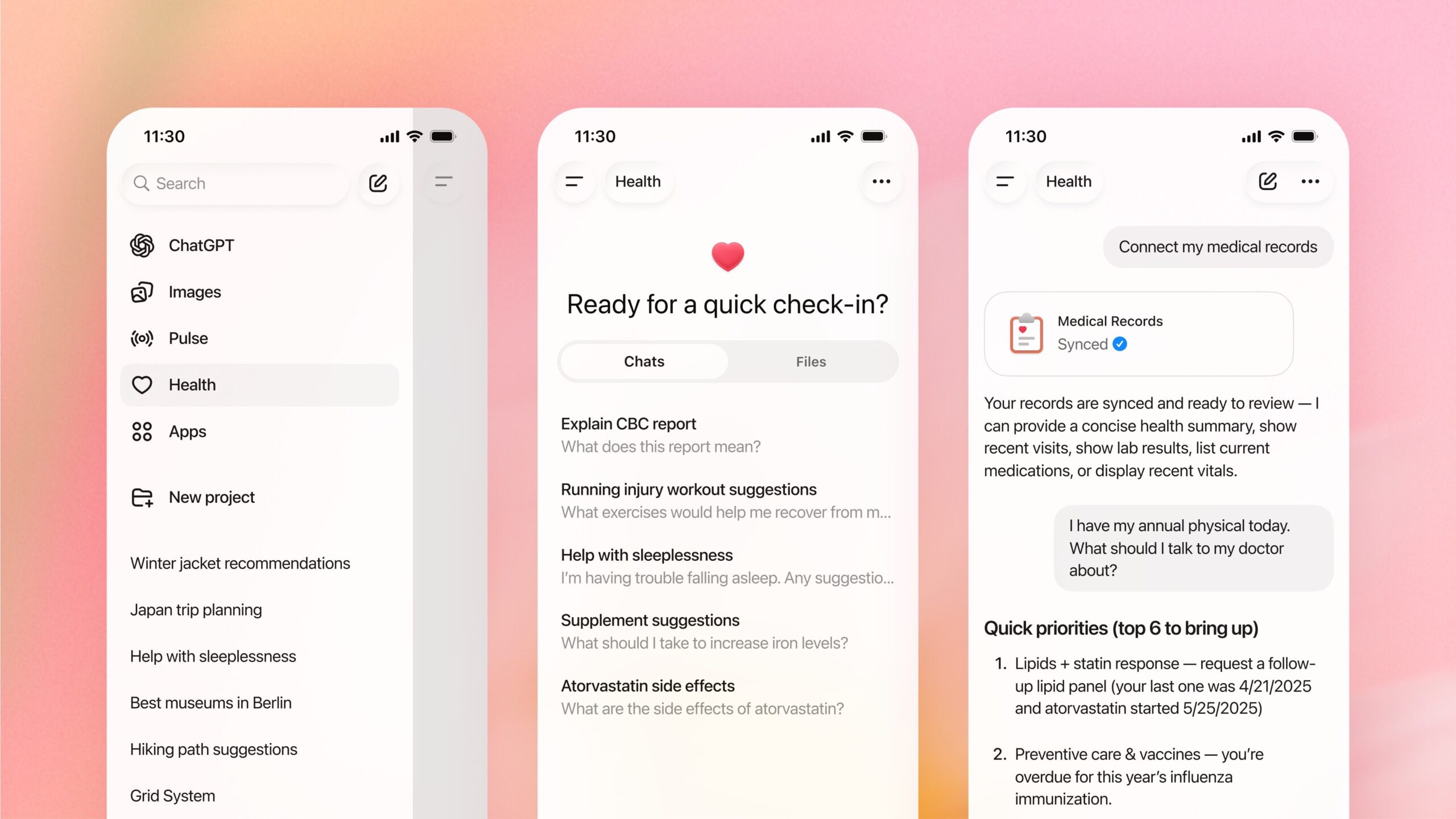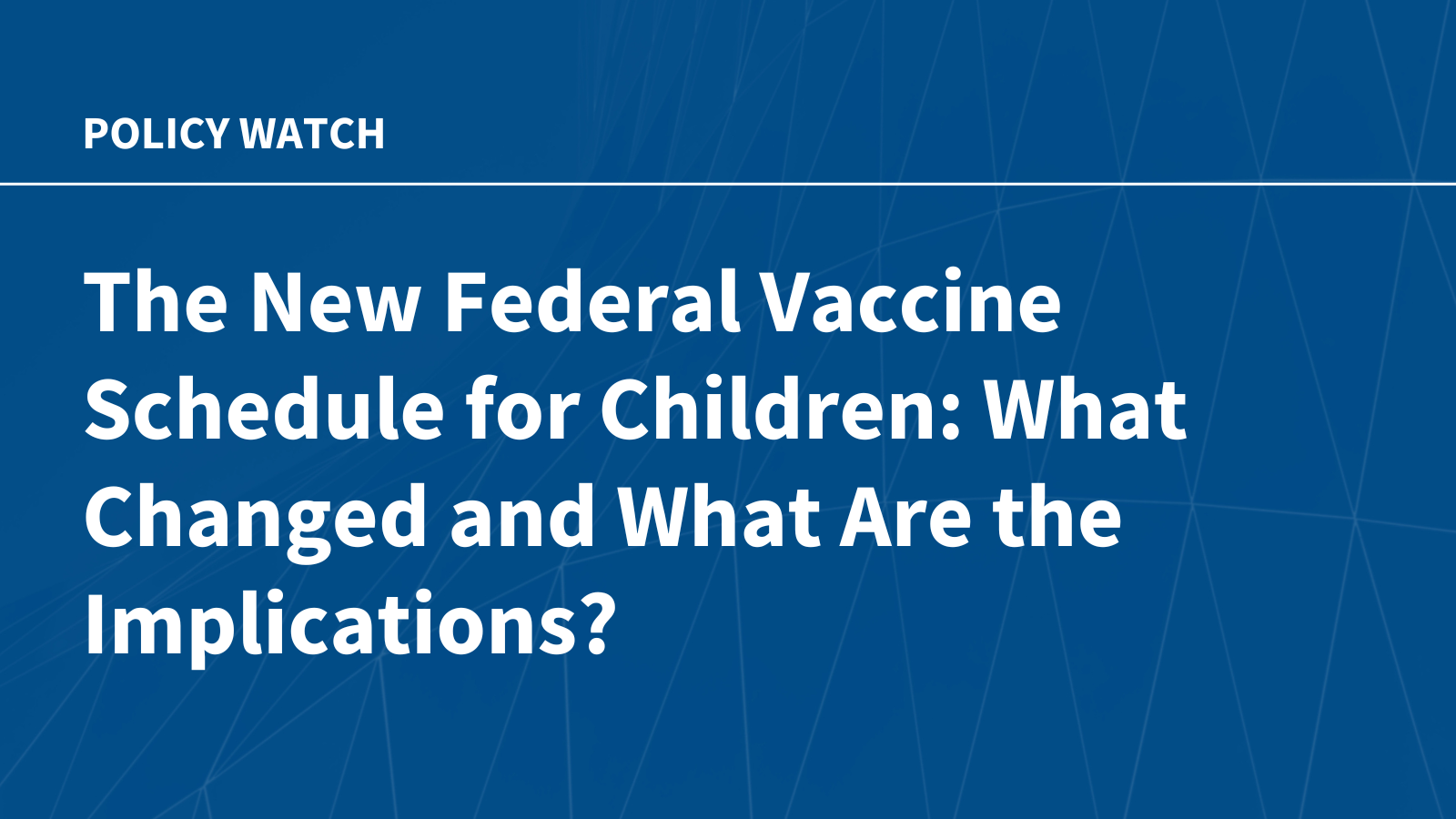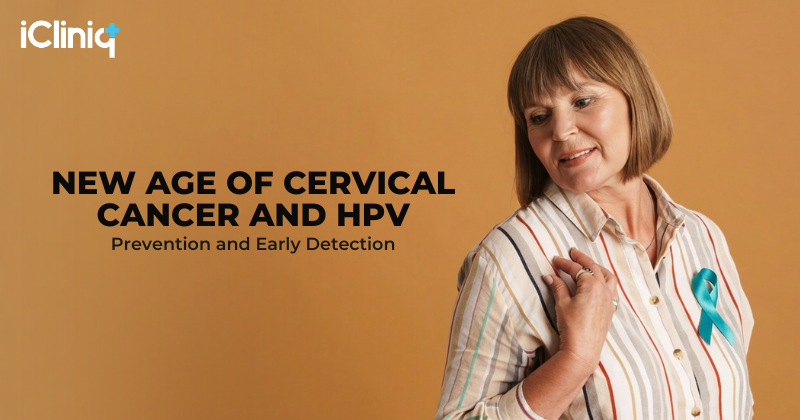“This must be cancer.” That’s what I thought when I was hospitalized for a second time in two months.
One month prior, I was hospitalized with diverticulitis, which was treated with strong intravenous antibiotics. Then I found myself back in the hospital. This time, it was worse than diverticulitis. I had never been so sick in my life. The abdominal pain was unbearable, and the diarrhea, nausea, and vomiting were continuous.
It took three months, and multiple hospital stays before a test for a Clostridioides difficile (or C. diff) infection eventually came back positive. I had never heard of it, but I thought it could be treated, and I would get better. Unfortunately, I was only half right.
The C. diff infection had taken a stronghold in my body and wouldn’t let go. During each hospitalization, I was treated with a handful of standard antibiotic protocols and occasionally a course of monoclonal antibodies. These would briefly lessen the worst of the C. diff symptoms, and I would be released back home to continue to heal.
Unfortunately, I wasn’t informed there was a good chance that the infection would come roaring back, so, it was baffling to me that my body and my life were ruined over the subsequent three years by multiple C. diff infections. Finally, I became a C. diff survivor following a Fecal Microbiota Transplant. Within eight hours of the procedure, I began to feel better.
The horrors of my C. diff journey left me with so many questions, which, in turn, led me to the Peggy Lillis Foundation. It was there that I found my experience was not unique. I met others who had similar stories of misdiagnoses and treatment-resistant infections. Still, others had a close family member who had died from this urgent threat.
I know now that C. diff can affect anyone and that there are things patients and families can do. First, talk to a healthcare professional about your risk of developing C. diff infection when starting an antibiotic. People are more likely to get a C. diff infection while or soon after taking antibiotics. If you develop symptoms of C. diff infection while or soon after taking antibiotics, contact a healthcare professional to discuss and be evaluated. Now, as a C. diff survivor, I support others in their journey to recovery and advocate for better awareness, policies, and treatment options.
For more information about C. diff, visit www.cdc.gov/cdiff.
Learn what CDC is doing to prevent C. diff infections: C. diff Initiatives | C. diff | CDC
For more information about appropriate antibiotic use, visit www.cdc.gov/antibiotic-use.
Publisher: Source link










